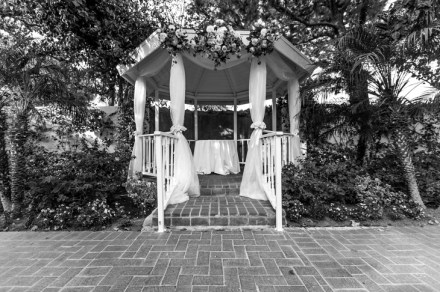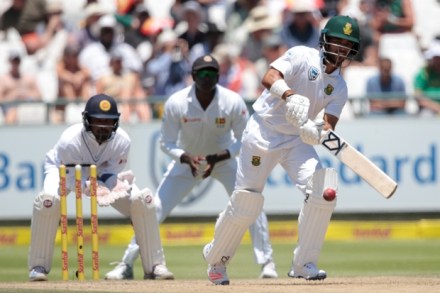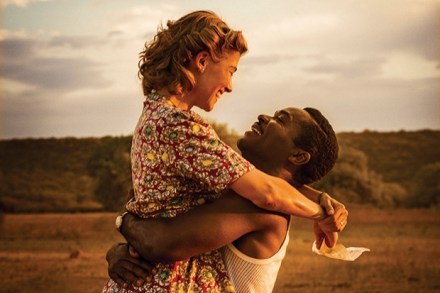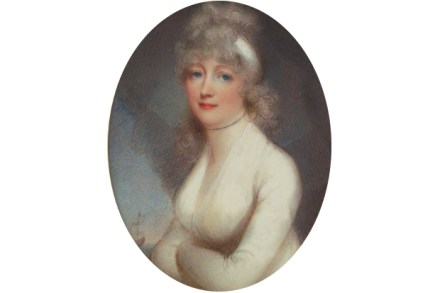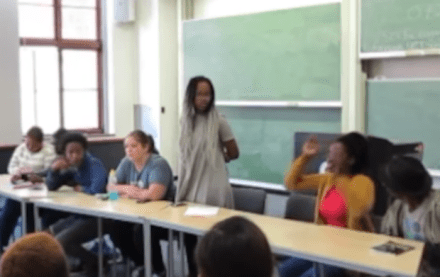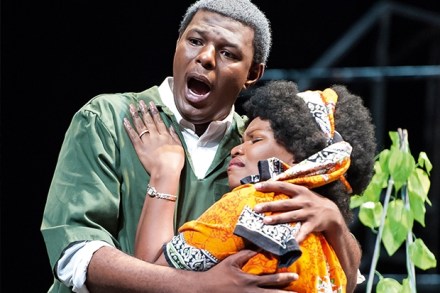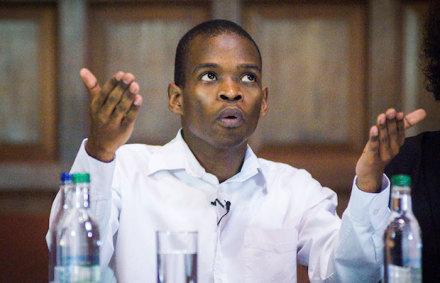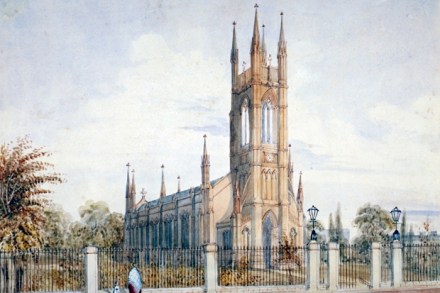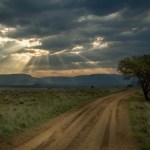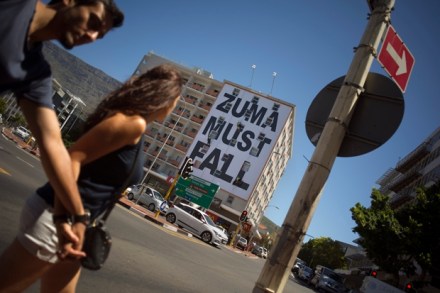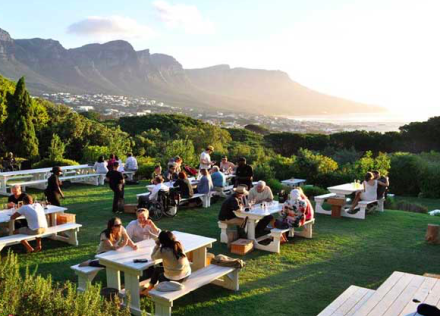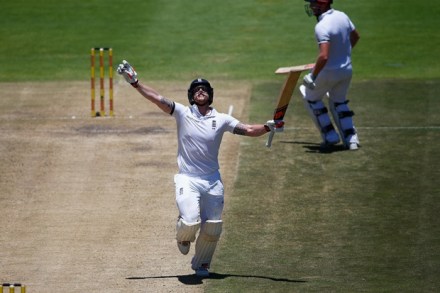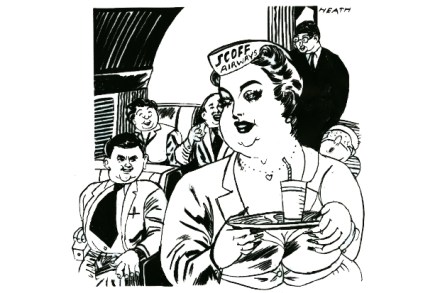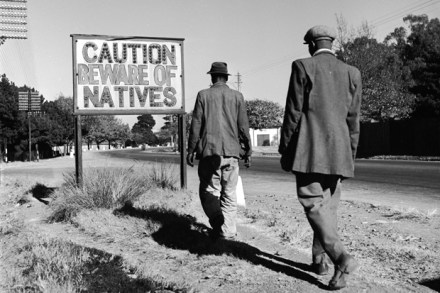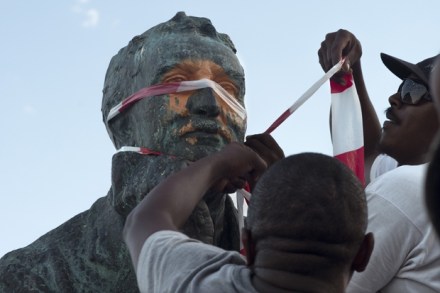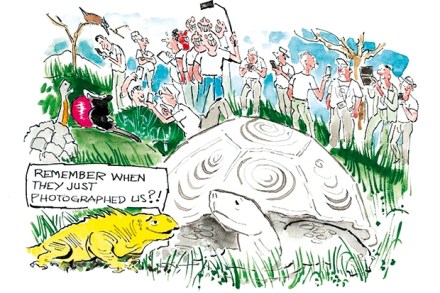In Woolf’s clothing
Martin Amis once said that the writer’s life is half ambition and half anxiety. While one part of your brain is jabbering away to the effect that, with proper application, you might be the next Jane Austen, George Eliot, Virginia Woolf, a larger part — almost always more tenacious and assertive — is busy insisting that you don’t have it in you to pick up a pen. In Fiona Melrose’s second novel, which follows the subtle and reflective Midwinter of 2016, this confluence of aspiration and unease can be felt with unusual force. The book takes place over the course of a single day — 6 December 2013 — in
